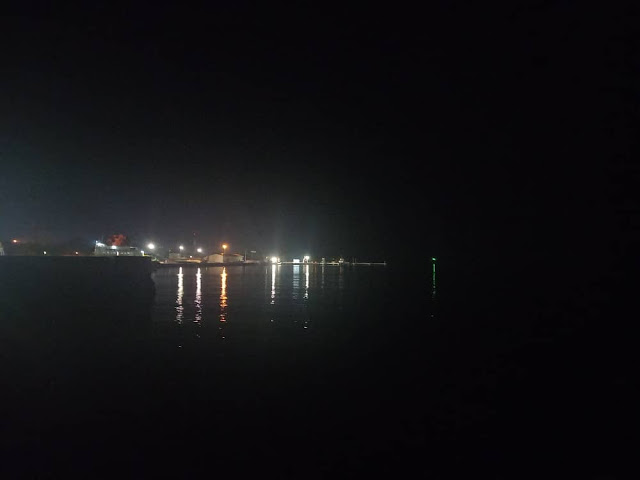I grew up in a home where my father was a hardcore radio listener; he had to listen to radio every morning, noon, and evening to accompany news of independence struggle. Radio stations that he listened to everyday were Radio Australia Indonesia, Radio BBC Indonesia, RTP, and RRI. I remember my father assembled a broken old radio connected to a huge speaker; in a small village in 90s there was no electricity, and so was TV. The only way to access media or information was through battery-powered radio. My father erected a tall antenna in order to be able to receive radio frequencies from those stations which I think aired from London, UK; Lisbon, Portugal; Melbourne, Australia; and Jakarta, Indonesia.
I was exposed to this kind of culture everyday. So I happened to love listening to radio until now. Social media has taken over conventional media. Most of my generation has shifted from convectional media, particularly from radio to social media. Social media is super easy, cheap, and freaking convenient. You can just have it on your bed, and whenever you go. Information content is also limitless. Therefore, nowadays most people like it more than radio. I once asked milennial a question. Do you listen to radio? he questioned back my question "what is radio? lol. I don't make this up. It is a real story.
By the way, it never changed me from being a radio listener until now. I still listen to radio due to following reasons. First, it is a vintage style, I want to keep the old style in this modern era because I just feel different. News and music presentations on radio are felt more real, according to my personal opinion. Second, listen to radio is even cheaper than social media. It does not cost me money like accessing social media. Radio tool is being part of mobile phones nowadays. It is so convenient as well. Third, radio has less fake news. I feel like listening to a radio station is less stressful than playing social media. Radio presents predetermined sources and guests. On the other hand, social medial allows anyone, literally every single person on earth can say anything they want to which I think sometimes I don't get what the heck theytalkinabout.
As I have got connected with GMN TV previously, we agreed that I would love to come filling in a session at their radio station called Radio Semanal. I showed up, we talked about urban planning like in my previous engagement on the TV talkshow. Urban planning issue is interesting to be raised and voiced out to broader audience. This radio talk, however, is more on real life related planning issues.
By the way, GMN has a very nice radio station room. The show room design is simple but elegant. It is indicated by the audio equipment such as microphones and headsets, room walls, ceilings, and lights. I would say that it is more LUXO than other radio stations I have seen before.
*I hope this gives you an inspiration.



